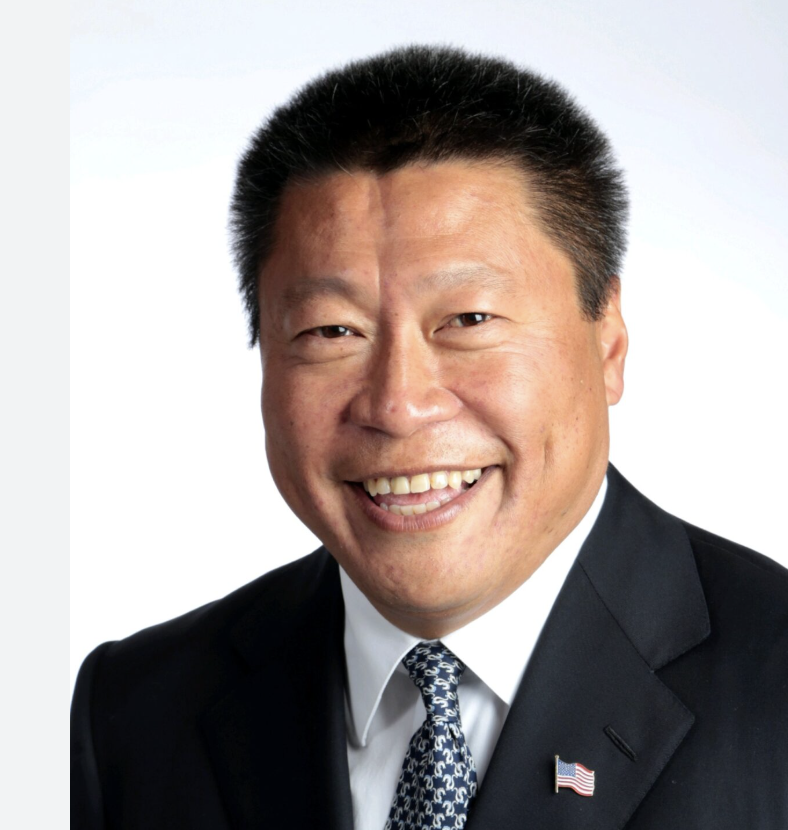
HARTFORD, CT—Senator Tony Hwang (R-Fairfield) voted against Senate Bill 2 tonight, citing serious concerns that the legislation would impose overly burdensome regulations on artificial intelligence (AI) and negatively impact Connecticut’s business environment, particularly for small and emerging tech firms. While SB 2 did pass the Senate, Sen. Hwang remains aligned in position to the Governor in taking a less regulatory stance in support of innovation and our small businesses.
As an active member of the Artificial Intelligence Caucus and a strong advocate for responsible technology innovation, Senator Hwang acknowledged the importance of ethical AI development but emphasized that SB 2, as amended by LCO 8540, goes too far, risking economic harm without fully addressing critical equity concerns. “SB 2 is well-intentioned but overly prescriptive,” said Senator Hwang. “By layering heavy compliance and liability burdens on businesses, especially small businesses, we risk pushing innovation and investment out of Connecticut at a time when we need it most.”
Key Concerns with SB 2:
- Excessive Regulatory Burdens
- The bill mandates detailed transparency requirements, and consumer notifications for high-risk AI systems. While Hwang supports transparency, he argued that the scope and cost of compliance are disproportionate, particularly for startups and small firms with limited resources.
- Increased Legal Liability
- SB 2 creates new pathways for lawsuits through consumer appeals and documentation requirements, potentially turning compliance into a legal minefield. “We need fairness and accountability,” Hwang said, “but not at the cost of creating constant legal uncertainty that stifles operations and innovation.”
- Disadvantage to Small Businesses
- Smaller firms—key drivers of Connecticut’s economy—are most likely to be hurt by the bill’s complexity and cost. “We should be enabling our small businesses to innovate, not tying their hands with costly red tape,” Hwang said.
- Loss of Competitive Edge
- With other states taking more flexible approaches to AI regulation, Connecticut risks falling behind as a hub for tech innovation. “If we make our regulatory climate too rigid, we’ll drive entrepreneurs and investment to other states,” Hwang warned.
- Incomplete Addressing of Equity Concerns
- While the bill attempts to address discrimination in AI systems, Hwang noted that racial and cultural bias concerns are not comprehensively tackled in this iteration. “This legislation fails to fully reckon with the social equity implications of algorithmic bias,” Hwang added. “It’s a missed opportunity for meaningful reform.”
Senator Hwang reaffirmed his commitment to crafting thoughtful, balanced AI policy that supports innovation while safeguarding public interest.
“We need a framework that protects consumers and ensures fairness, but also keeps Connecticut open for innovation,” he said. “Let’s not allow well-meaning legislation to inadvertently crush the very progress we seek to manage.”
As a leader in AI policy development, Hwang will continue to work with fellow lawmakers, industry experts, and equity advocates to build smarter, more flexible AI legislation in future sessions. “Connecticut should be a leader in responsible AI innovation,” Hwang concluded. “But we won’t get there by over regulating. We need to strike the right balance—one that fosters innovation, protects consumers, and ensures we remain competitive in a global tech economy.”